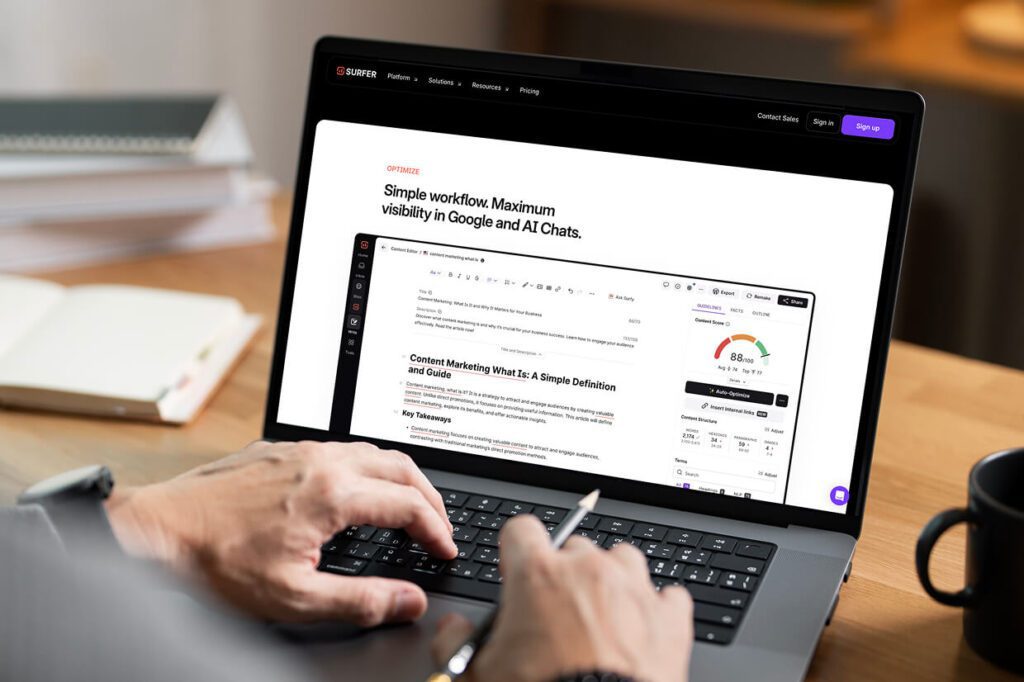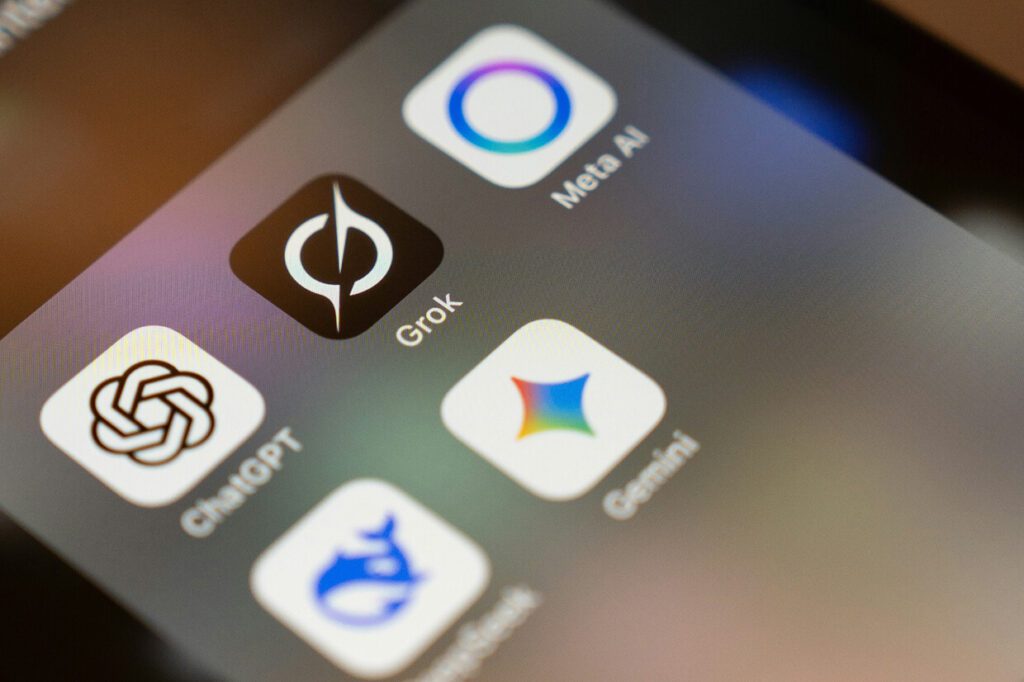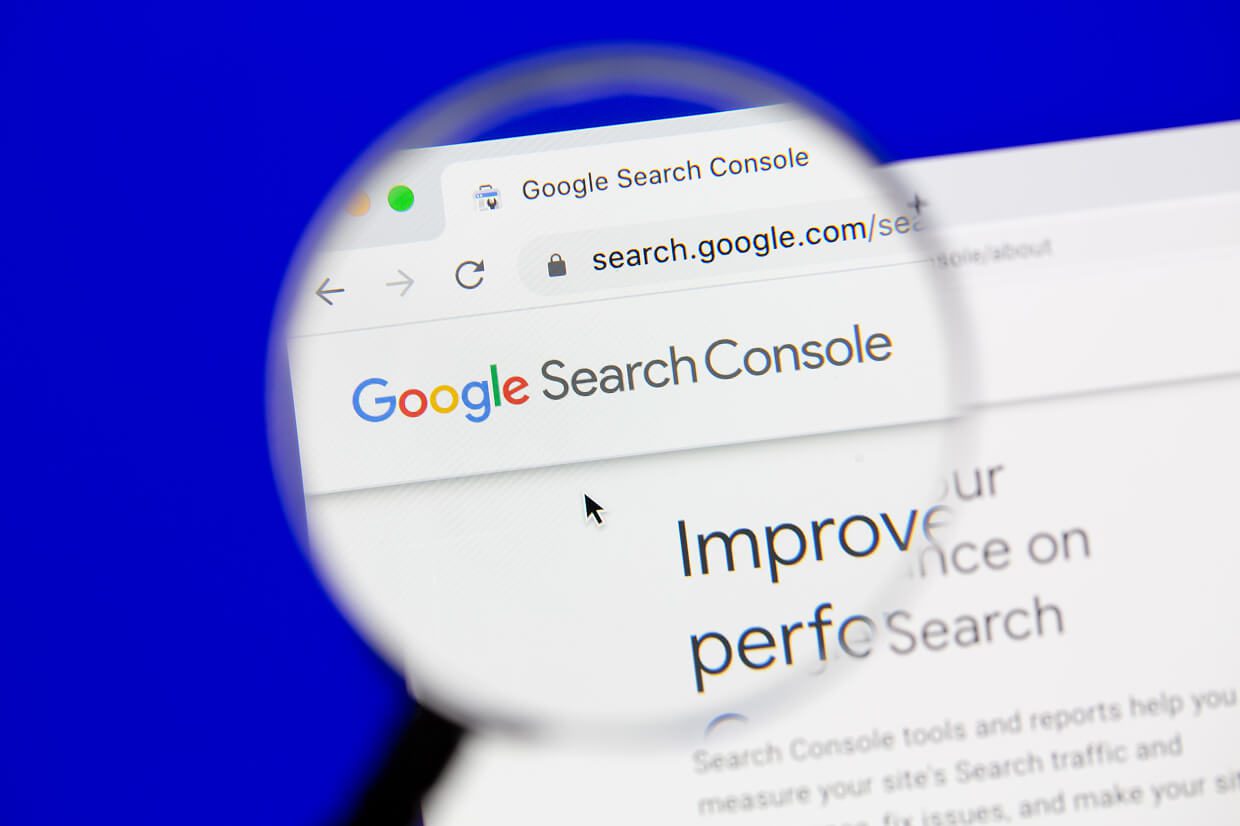Google rolls out algorithm updates multiple times every year. When it happens, forums fill with panicked site owners asking why rankings suddenly dropped. The best agencies don’t panic. They treat updates like weather reports: expected, worth watching, but never a reason to freeze.
The difference is in preparation. Top agencies run monitoring tools that flag sudden ranking shifts, crawl errors, or traffic drops in real time. For example, they might catch that a blog section lost visibility after a Helpful Content update, then adjust internal links or prune thin articles before the whole site slides. They connect the dots quickly, act early, and often prevent problems most businesses only notice weeks later. We’ll look at the specific tools they use to do this.
Keyword And Research Tools
The go-to tools are Ahrefs, SEMrush, and Google Search Console. Each has its lane. Ahrefs wins for backlink index speed, which matters if you’re tracking competitors. SEMrush now uses AI-driven topic clusters that cut research time by almost 40 percent compared to doing it by hand. Google Search Console is still the most reliable way to see impressions, clicks, and indexing issues because the data comes straight from Google.
For small projects, Soovle is still useful for early idea generation. It pulls autocomplete data from Google, Bing, YouTube, Wikipedia, and more, showing what people are actually searching for right now.
Technical Audits And Site Health
Screaming Frog remains the standard for crawling sites and finding problems before they hurt rankings. Agencies schedule weekly crawls so broken links, redirect chains, or rendering issues don’t sit for months. Sitebulb has gained ground because its crawl maps are easy to read. One agency used it to uncover hundreds of orphan pages, and organic traffic went up 18 percent in under two months.
IndexNow is another piece of the puzzle. It lets sites tell search engines about new or updated pages instantly, which helps reduce crawling delays.
Content Optimization Tools

Top SEO agencies use tools such as Surfer SEO, Clearscope, and MarketMuse more frequently in their content optimization strategy. Surfer’s SERP Analyzer helps SEO agencies review content and their ranking positions. Clearscope’s keyword suggestions help writers cover a topic fully, but the top SEO agencies still have editors who shape the final piece so it reads well.
MarketMuse is strong for finding content gaps across big sites. It shows where competitors cover a topic and you don’t. That keeps content calendars focused on work that will actually move rankings.
Rank Tracking And SERP Monitoring
STAT and AccuRanker are still the leaders. STAT is better for tracking thousands of keywords and watching for SERP feature changes like snippets or map packs. AccuRanker refreshes data fast, sometimes inside 24 hours after a major update, which lets agencies adjust internal linking or content before competitors react.
Reporting And Alerts
Looker Studio is still the favorite dashboard tool. It ties together GA4, Search Console, and keyword data so teams can see performance in one place. The best agencies add custom anomaly detection. Instead of waiting for a monthly report, they get alerts when impressions drop or Core Web Vitals fail, often within hours.
BrightEdge, on the enterprise side, combines multiple data sources into one view, saving teams from bouncing between five different logins.
AI And Automation

AI is everywhere now. Agencies use ChatGPT, Claude, Gemini, and other AI systems to create outlines, cluster keywords, and clean up metadata at scale. Before all AI output is pushed live, human review should still be done. Google’s March 2025 algorithm updated focused on improving search results by removing thin or automated content.
84% of agencies who participated in the 2025 SEOFOMO survey, use AI in their workflow. However only 35% of agencies trust AI for its strategy decisions. The takeaway is simple: AI is great for speed, not for thinking.
Lessons From The Field
Top SEO agencies use tools to help them catch issues early. They cross-check data from multiple tools before making decisions. They connect rankings to engagement and conversions, not just vanity metrics. Most importantly, they edit and improve every piece of content, whether it started in a writer’s notebook or an AI prompt.
Want to see which agencies actually use these tools well? Check our list of verified Best SEO Agencies here.

